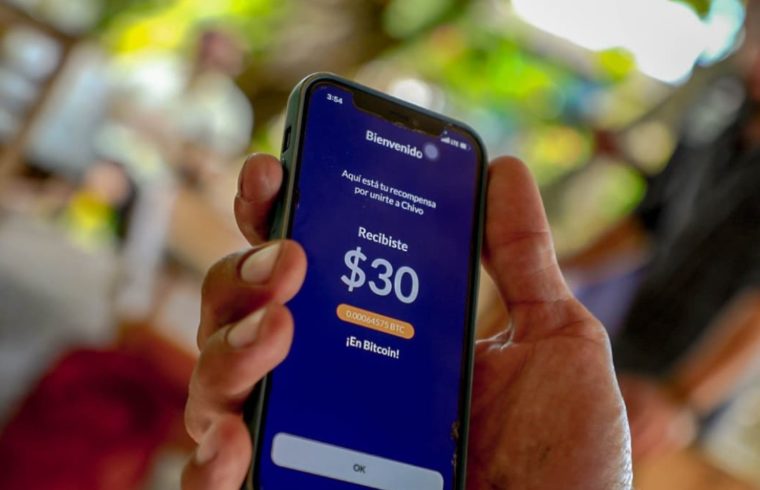
But despite high hopes, the country's new legal tender currency is currently caught in some technical trouble.
"The Bitcoin system has had implementation problems, of course there is mistrust of Bitcoin, in the end here we have dollars and people want to use the dollar, and bitcoin brings nothing better than the dollarization that already exists".
Chivo's problems are not yet fully resolved
El Salvador's President Nayib Bukele said about half of the country's population, or three million people, had downloaded Chivo, a Bitcoin mobile app.
But it is this Chivo digital wallet that is at the root of the technical problems that are causing you to lose money during transactions.
Reuters reported that a 32-year-old man lost $ 220 by withdrawing cash from his wallet, while similar irregularities, including identity theft, were also reported.
The country's president said there could be a high demand for invest in bitcoin. The volatile nature of the cryptocurrency has also become a real concern among the inhabitants of the South American country.
“The same day that El Salvador accepted bitcoin as its national currency, it collapsed dramatically. The Salvadoran people have lost faith in Bitcoin because the volatility we were talking about has become a reality ”.
Not everyone seems to have grown fond of using Bitcoin
“We have seen that there are many companies that accept bitcoins, others do not. It is still being tested, but many people use Bitcoin ”.
A Central American University survey shows that 9 out of 10 people surveyed said they did not have a clear understanding of digital currency, while 8 out of 10 did not feel confident in using it.
In another survey by the Salvadoran Foundation for Economic and Social Development, 93 percent of the 233 companies responded that they have not yet received a bitcoin payment.
Obviously, being the first country in the world to adopt a solution like this, there are still many obstacles to overcome, but El Salvador has now opened a new path, which we are sure other countries will follow in the future so as not to be left behind.
And what do you think of El Salvador's adoption of BTC as legal tender? Would you like it if we did the same in our country? Let us know in the comments below.
